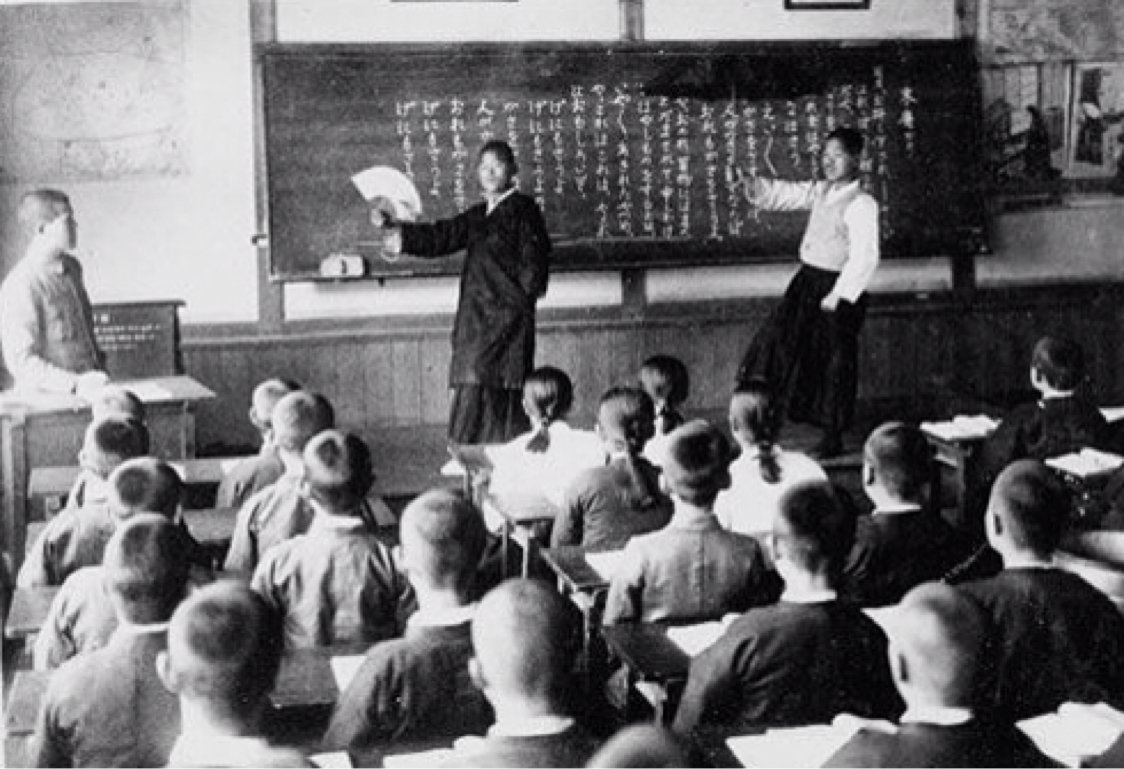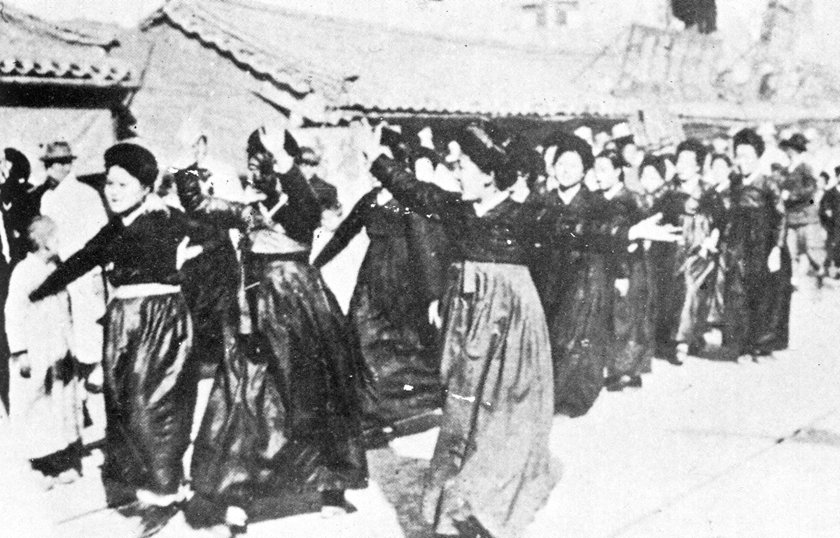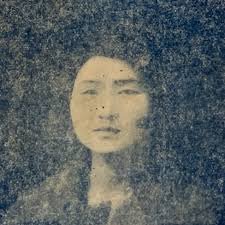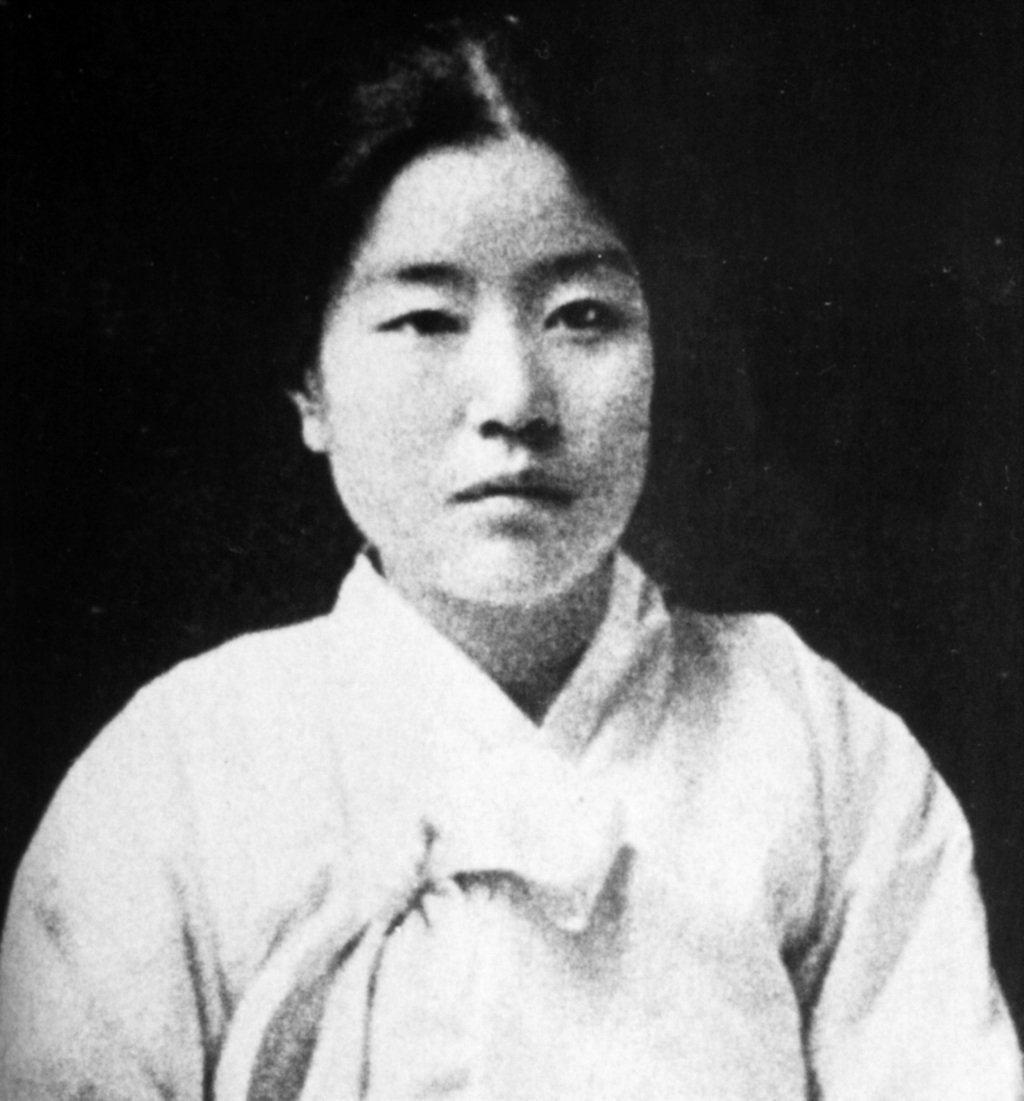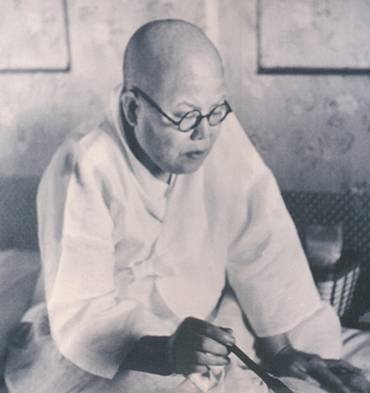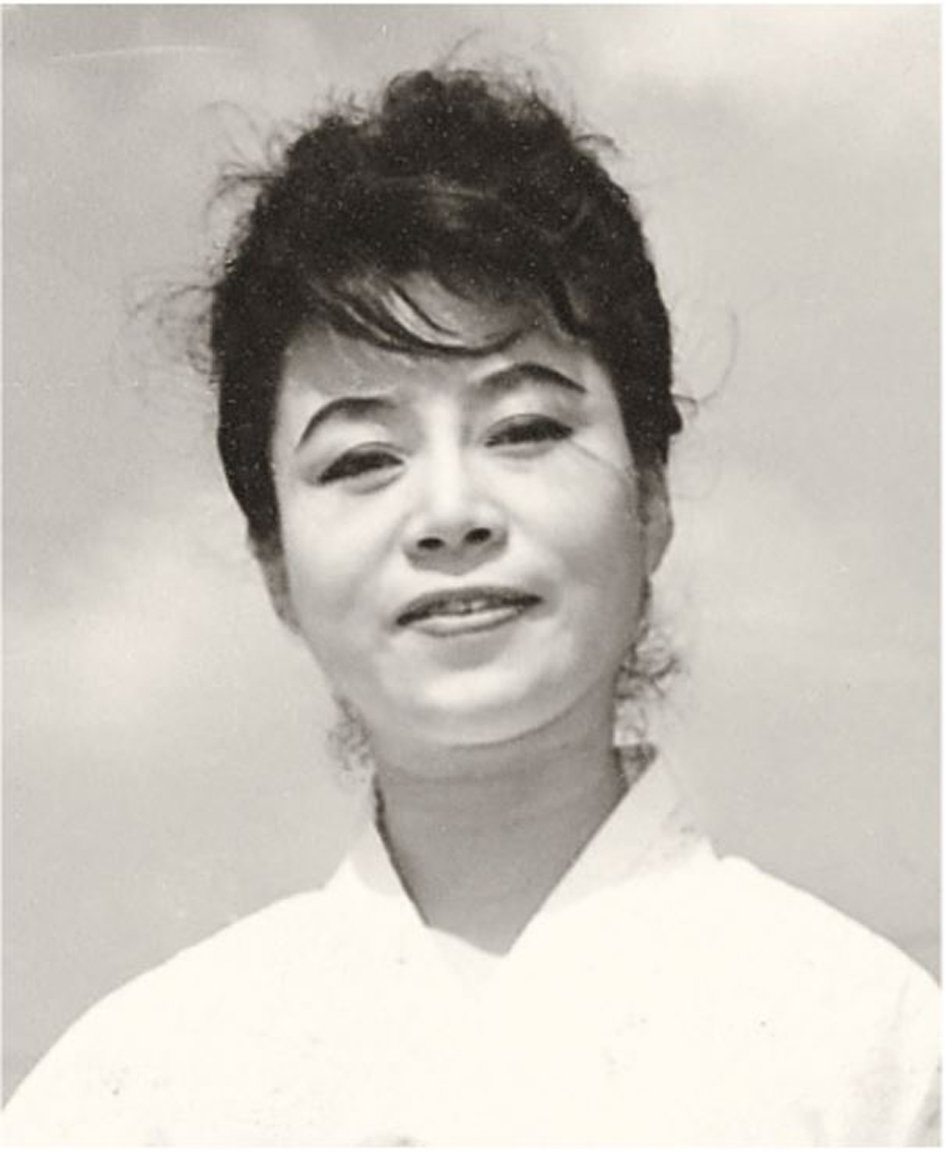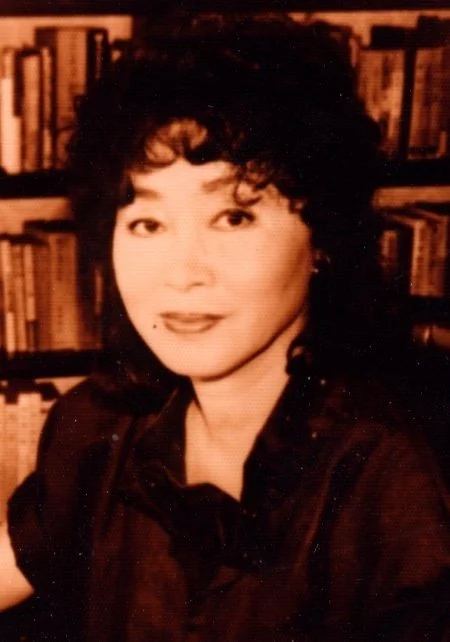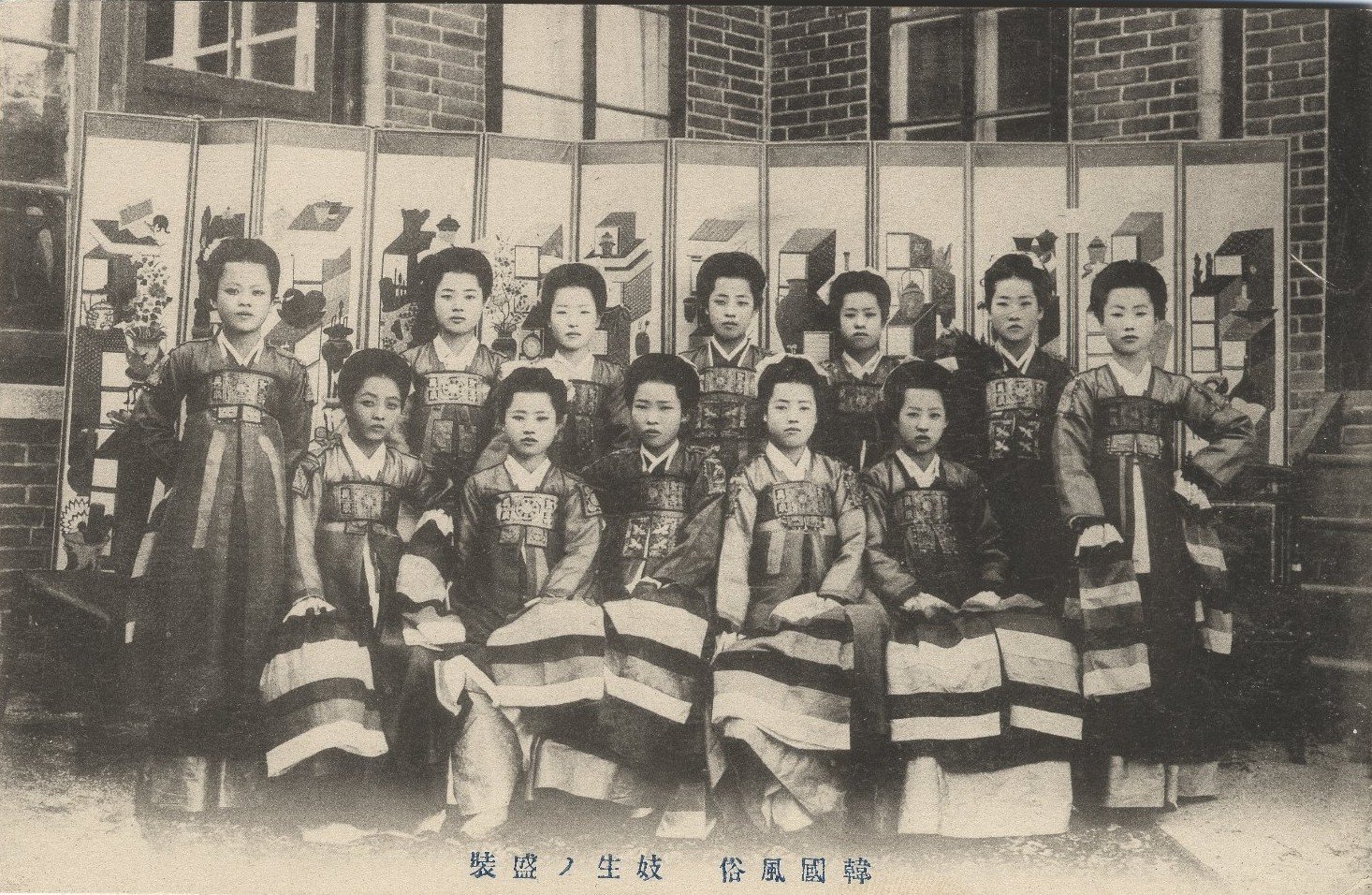Bibliography
Atkins, E. Taylor. Primitive Selves: Koreana in the Japanese Colonial Gaze, 1910–1945.
Berkeley: University of California Press, 2010.
Barraclough, Ruth. Factory Girl Literature: Sexuality, Violence, and Representation in
Industrializing Korea. Berkeley: University of California Press, 2012.
Bassnett, Susan. “From Cultural Turn to Translational Turn: A Transnational Journey.”
In Literature, Geography, Translation: Studies in World Writing, edited by
Cecilia Alvstad, Stefan Helgesson, David Watson, 67–80. Newcastle: Cambridge
Scholars, 2011.
Bazhenov, A. N., and A. Yu. Telnova. “Generalization of Jaccard Index for Interval Data
Analysis.” Measurement Techniques 65, no. 12 (2023): 882–90.
Bruno, Antonetta Lucia. “The Image of Women in the Literature of the Choseon Period:
Passion and Eroticism in the Conflict Between Official and Un-official
Discourse in Korea,” Rivista Degli Studi Orientali 78 (2007): 157–76.
Byeon, Sin-won, “Korean Literature and Arts 20: Feminist and Literary Criticism; Song
Won-hui’s Realistic Masculine Novels,” Hyeondaemun ui yeongu no. 8 (1997).
Chang, Kornel. “Independence without Liberation: Democratization as
Decolonization Management in U.S.-Occupied Korea, 1945–1948.” Journal of
American History 107, no. 1 (2020): 77–106.
Cho, Nam-joo. Kim Jiyoung, Born 1982. New York: Liveright, 2020.
Choi, Hyaeweol. New Women in Colonial Korea: A Sourcebook. London: Routledge,
2013.
Choi, Jung Ja. The Life and Works of Korean Poet Kim Myong-sun: The Flower Dream
of a Woman Born Too Soon. New York: Routledge, 2022.
De Wit, Jerôme. “The War Within: Motivations for Writing during the Korean War
(1950–1953).” Studia Universitatis Babes-Bolyai - Philologia 58, no. (2013):
203–19.
Dikötter, Frank, ed. The Construction of Racial Identities in China & Japan.
Hong Kong: Hong Kong University Press, 1997.
Freire, Paulo. Pedagogy of the Oppressed. Translated by Myra Bergman Ramos. New
York: Bloomsbury, 2014.
Guldi, Jo. The Dangerous Art of Text Mining: A Methodology for Digital History.
Cambridge: Cambridge University Press, 2023.
Greenfeld, Liah. Nationalism: Five Roads to Modernity. Cambridge: Harvard University
Press, 1992.
Han, Hee-sook. “Women’s Life During the Choson Dynasty.” International Journal
of Korean History 6 (December 2004): 113-162.
Hawkins, Ashleigh. “Archives, Linked Data and the Digital Humanities: Increasing
Access to Digitised and Born-Digital Archives via the Semantic Web.” Archival
Science: International Journal on Recorded Information 22, no. 3 (2022): 319–
44.
Helgesson, Stefan, and David Watson, eds. Literature, Geography, Translation:
Studies in World Writing. Newcastle-upon-Tyne: Cambridge Scholars Publishing,
2011.
Higuchi, Koichi. “A Two-Step Approach to Quantitative Content Analysis: KH
Coder Tutorial using Anne of Green Gables (Part I).” Ritsumeikan Social Sciences
Review 52, no. 3 (2016): 77–91.
Hyun, Theresa. Writing Women in Korea. Honolulu: University of Hawai’i Press, 2003.
Jager, Sheila Miyoshi. Narratives of Nation Building in Korea: A Genealogy of
Patriotism. New York: Routledge, 2016.
Jeong, Kelly Y. Crisis of Gender and the Nation in Korean Literature and Cinema:
Modernity Arrives Again. Lanham: Lexington Books, 2011.
Jung, Hawon. Flowers of Fire: the Inside Movement of South Korea’s Feminist
Movement and What It Means for Women’s Rights Worldwide. Dallas: BenBella
Books, Inc., 2023.
Haeryun, Kang. “Despite Stark Gender Inequality in South Korea, Hostility to Feminism
Is Growing.” NBCNews.com, December 4, 2022.
https://www.nbcnews.com/news/world/stark-gender-inequality-south-korea-
hostility-feminism-growing-rcna59747.
Kang, Han. The Vegetarian. New York: Hogart Books, 2016.
“Kang Shin-Jae.” Digital Library of Korean Literature. Accessed March 23, 2024.
https://library.ltikorea.or.kr/writer/200090.
Kim, Janice C. H. To Live to Work: Factory Women in Colonial Korea, 1910–1945.
Stanford: Stanford University Press, 2009.
Kim-Renaud, Young-Key, and Young-hee Kim. “Dialectics of Life: Hahn Moo-Sook and
Her Literary World.” In Creative Women of Korea: The Fifteenth Through
the Twentieth Centuries, edited by Young-Key Kim-Renaud. 192-215. New
York: Routledge, 2015.
Kim, Sandra So Hee Chi. “Korean ‘Han’ and the Postcolonial Afterlives of ‘The Beauty
of Sorrow.’” Korean Studies 41 (2017): 253–79.
Kim, Yŏng-min. The History of Modern Korean Fiction (1890–1945): The
Topography of Literary Systems and Form. Lanham: Lexington Books, 2020.
Kim, Yung-hee. “From Subservience to Autonomy: Kim Wŏnju’s ‘Awakening.’”
Korean Studies 21 (1997): 1–21.
———. Questioning Minds: Short Stories by Modern Korean Women Writers.
Honolulu: University of Hawaiʻi Press, 2010.
———.Gendered Landscapes: Short Fiction by Modern and Contemporary Korean
Women Novelists. Ithaca: Cornell University Press, 2017.
Lee, Peter H. A History of Korean Literature. Cambridge: Cambridge University Press,
2003.
Li, Lin. “‘Comfort Women’ Memorials at the Crossroads of Ultranationalist,
Feminist, and Decolonial Critiques: Triangulating Japan, South Korea, and the
United States.” Frontiers: A Journal of Women Studies 43, no. 3 (2022): 1–29.
Lorde, Audre. “The Master’s Tools Will Never Dismantle the Master’s House.” In
Sister Outsider: Essays and Speeches, 110–114. Berkeley: Crossing Press. 2007.
Mulvey, Laura. “Visual Pleasure and Narrative Cinema.” Screen 16, no. 3 (Autumn
1975): 6–18.
Nattuthurai, Prasanna, and Arun Aryal. “Content Analysis of Dark Net Academic
Journals from 2010–2017 Using KH Coder.” ACET K. Comput. Educ. Res 12
(2018): 25–35.
Nehra, Satveer Singh, and Sadanand Y. Bansode. “Knowledge Production Through Open
Data for Digital Humanities: A Study of the Indian Landscape.” DESIDOC
Journal of Library & Information Technology 43, no. 4 (July 2023): 311–19.
Park, Sunyoung, and Gatrall Jefferson J. A. On the Eve of the Uprising and Other Stories
from Colonial Korea. Ithaca: Cornell University Press, 2010.
Perfetti, Natalie. “The Confessional Poetry Movement and the (Un)Happy American
Dream: Social Class and the Confessional Body in Lowell and Sexton.”
Pennsylvania Literary Journal 12, no. 2 (Summer 2020): 63–82.
Rhee, Jooyeon. “Beyond the Sexualized Colonial Narrative: Undoing the Visual History
of Kisaeng in Colonial Korea.” Journal of Korean Studies 27, no. 1 (March
2022): 37–64.
Shin, Keunhye, and Myengkyo Seo. “Between Stigma and Star: Women in Thai and
Korean Literature.” South East Asia Research 23, no. 4 (2015): 553–65.
Strange, Damon, Megan Gooch, and Alwyn Collinson. “Equality, Findability,
Sustainability: The Challenges and Rewards of Open Digital Humanities Data.”
International Journal of Performance Arts & Digital Media 19, no. 3 (2023):
348–68.
Suh, Jiyoung. “The ‘New Woman’ and the Topography of Modernity in Colonial
Korea.” Korean Studies 37 (January 2013): 11–43.
Suh, Serk-bae. Treacherous Translation: Culture, Nationalism, and Colonalism in Korea
and Japan from the 1910s to the 1960s. Berkeley: University of California Press,
2013.
The Housemaid. DVD. South Korea: Seki Trading Co., n.d.
Uchida, Jun. Brokers of Empire: Japanese Settler Colonialism in Korea, 1876–1945.
Cambridge: Harvard University Press, 2014.
Weiner, Michael. The Origins of the Korean Community in Japan, 1910–1923.
Manchester: University of Manchester Press, 1989.
Yoo, Theodore Jun. The Politics of Gender in Colonial Korea: Education, Labor,
and Health, 1910–1945. Berkeley: University of California Press, 2008.
